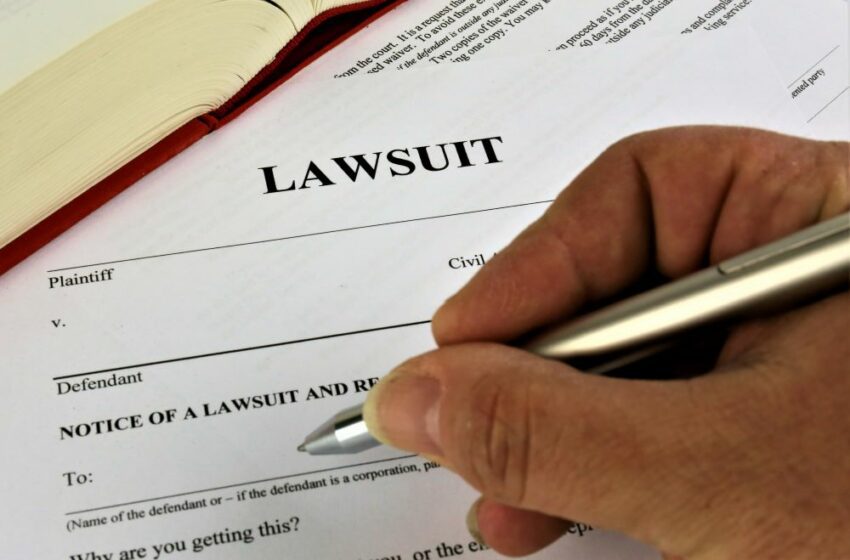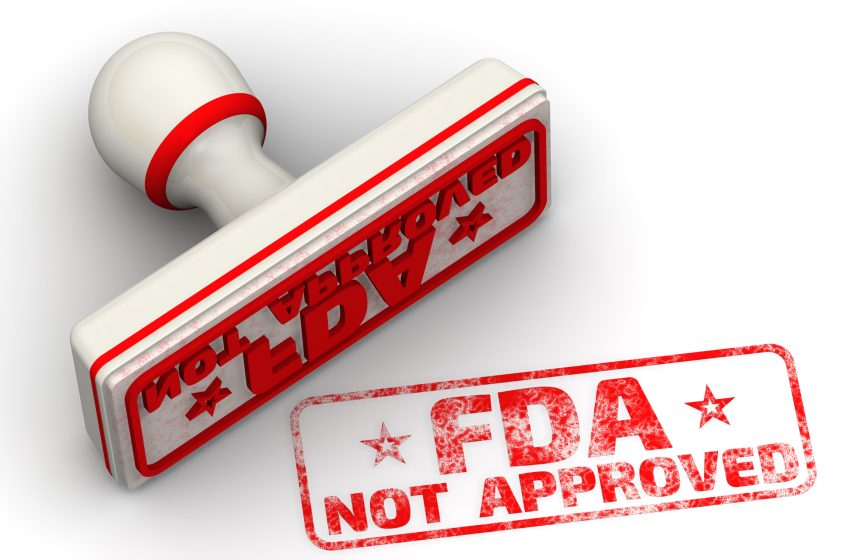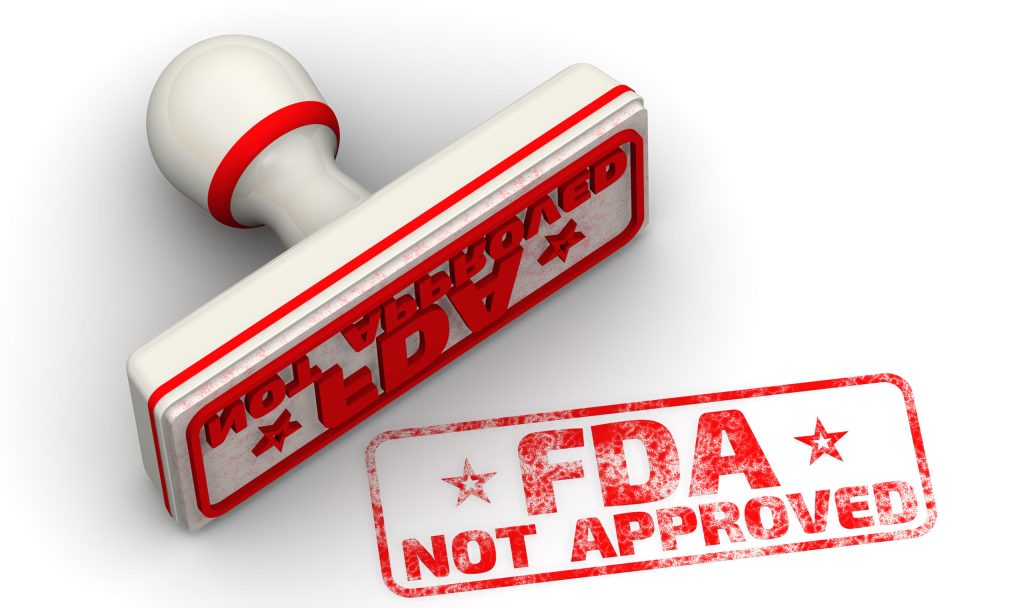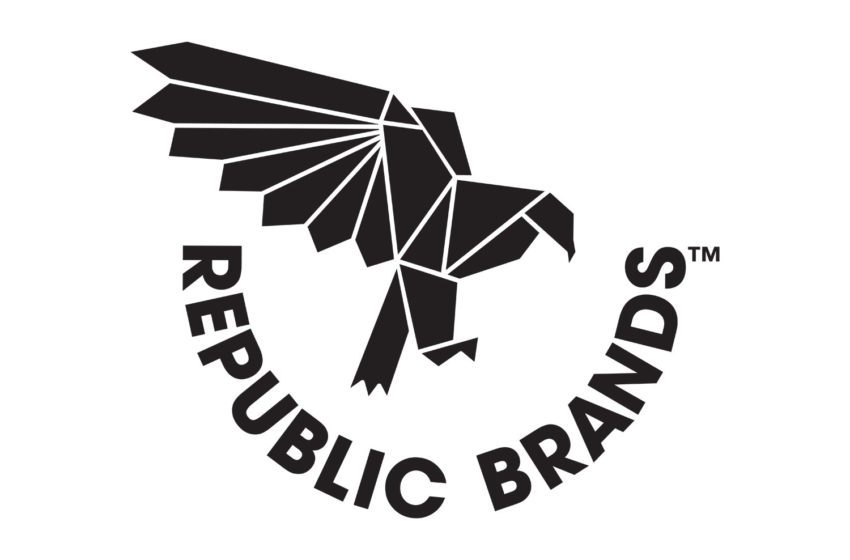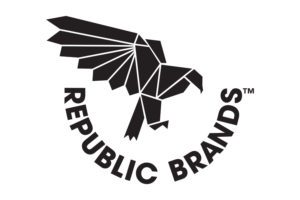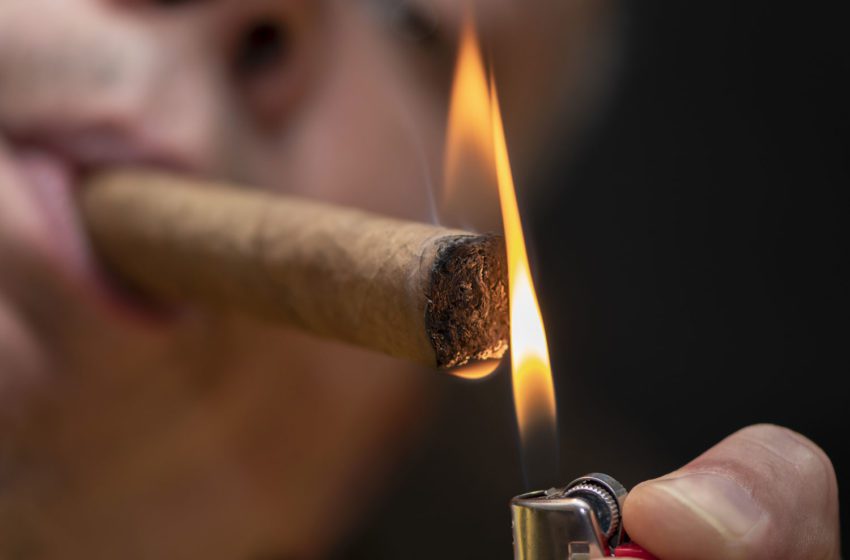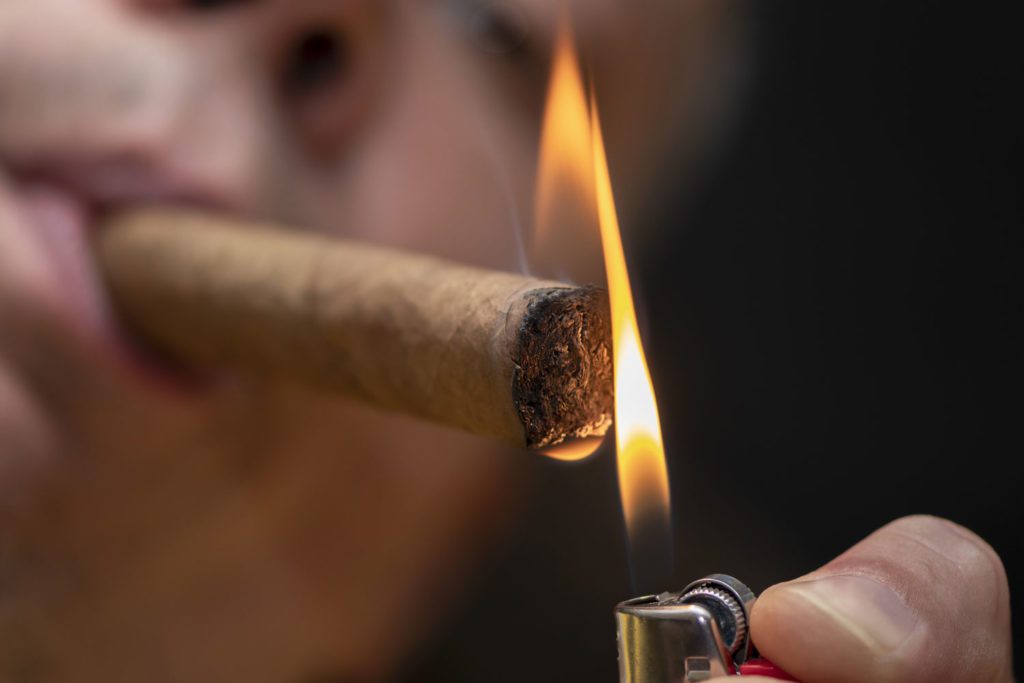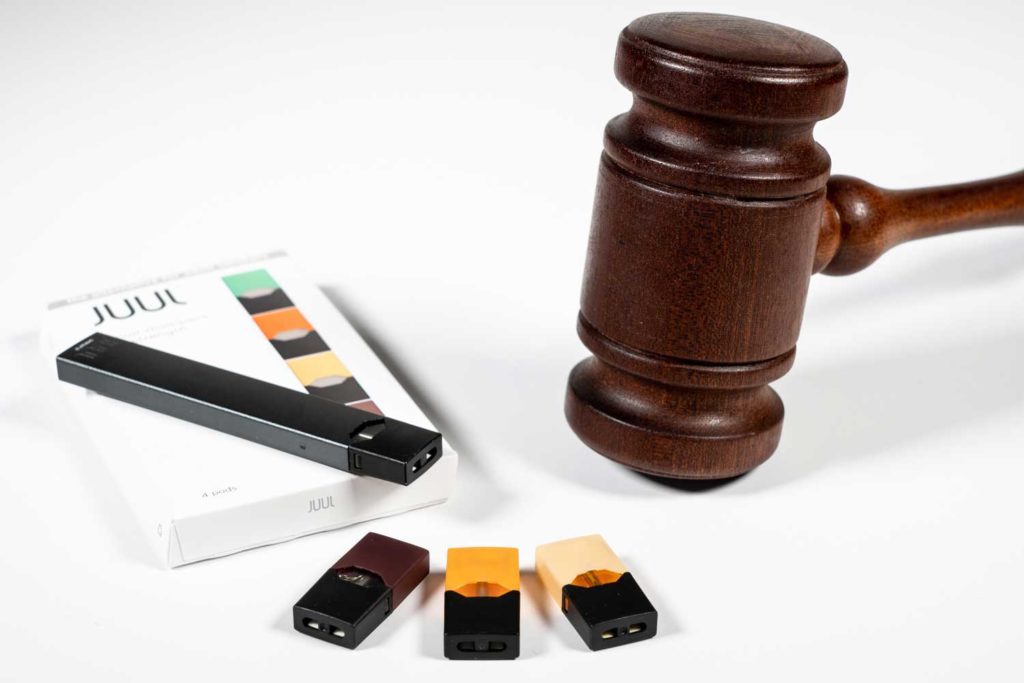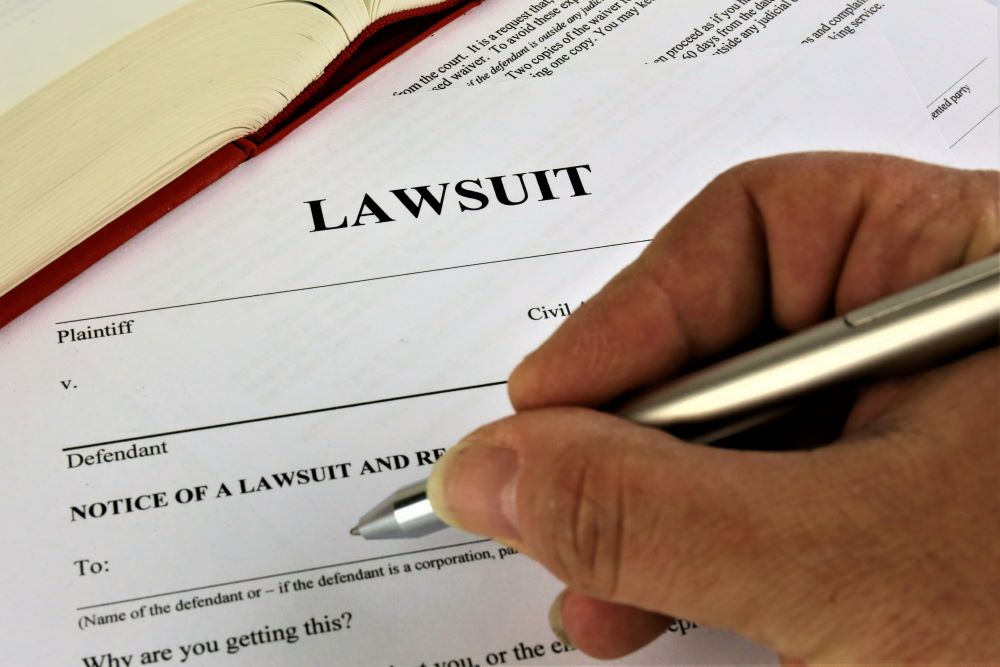
Florida’s attorney general, Ashley Moody, has filed a lawsuit against Juul Labs, alleging that the company improperly marketed its products to children and offered misleading information about its products’ nicotine content, reports WUSF.
The suit was filed in Hillsborough County Circuit Court. It seeks civil penalties and an injunction to prevent Juul “targeting children through their marketing and product design and from deceiving consumers with respect to the nicotine concentration.”
“Juul relentlessly marketed to underage users with launch parties, advertisements using trendy-looking and young models, social media posts and free samples,” the lawsuit states. “It created a technology-focused, sleek design that could be easily concealed and sold its product in flavors known to be attractive to underage users. Juul also manipulated the chemical composition of its product to make the vapor less harsh on the throats of the young and inexperienced consumers it courted. To preserve its young customer base, Juul relied on age verification techniques that it knew were ineffective.”
Juul responded to the lawsuit, stating that “it is disappointing to see the Florida attorney general direct her state’s resources to suing Juul Labs.”
Juul’s response sets out “a few facts that should be understood,” including that “Florida’s attorney general initially led the negotiations between the state attorneys general and Juul Labs. For reasons that have not been explained to the public, she ultimately decided not to participate in a settlement to which 48 states and territories are now party to. Had she done so, like all those other jurisdictions, Florida would have its share of millions of dollars to help combat underage use and develop cessation programs. Instead, the Florida attorney general has now embarked on a drawn-out, expensive and uncertain legal process.”
“Second,” the response continued, “Florida today suffers from the highest sales in the nation of illicit and potentially harmful disposable products emanating from China. These products are not in compliance with the [U.S. Food and Drug Administration’s] regulatory regime and, in many cases, are flagrantly targeting the state’s children. By contrast, over the past four years, Juul Labs has taken meaningful steps, including ceasing distribution of nontobacco, nonmenthol products in advance of FDA guidance on flavors, halting mass market product advertising, and restructuring our entire company with an emphasis on combating underage use. In part, due to these efforts, we have seen underage use of Juul products cut by 95 percent.”
The response went on to allege that “Florida has the highest sales of these mostly foreign-made products in the United States, with over 60 percent of vapor sales dominated by disposables whose companies often disregard responsible practices with inappropriate flavor names and questionable marketing. Over the past months, we have been engaged with the attorney general’s office to help create a best-in-class program to combat illicit products. Even though Juul Labs plans to fight this case vigorously, the company remains ready to help Florida stem the tide of the proliferation of Chinese-made disposable products that have found what amounts to be a safe haven for foreign-made illegal vapor products.”

